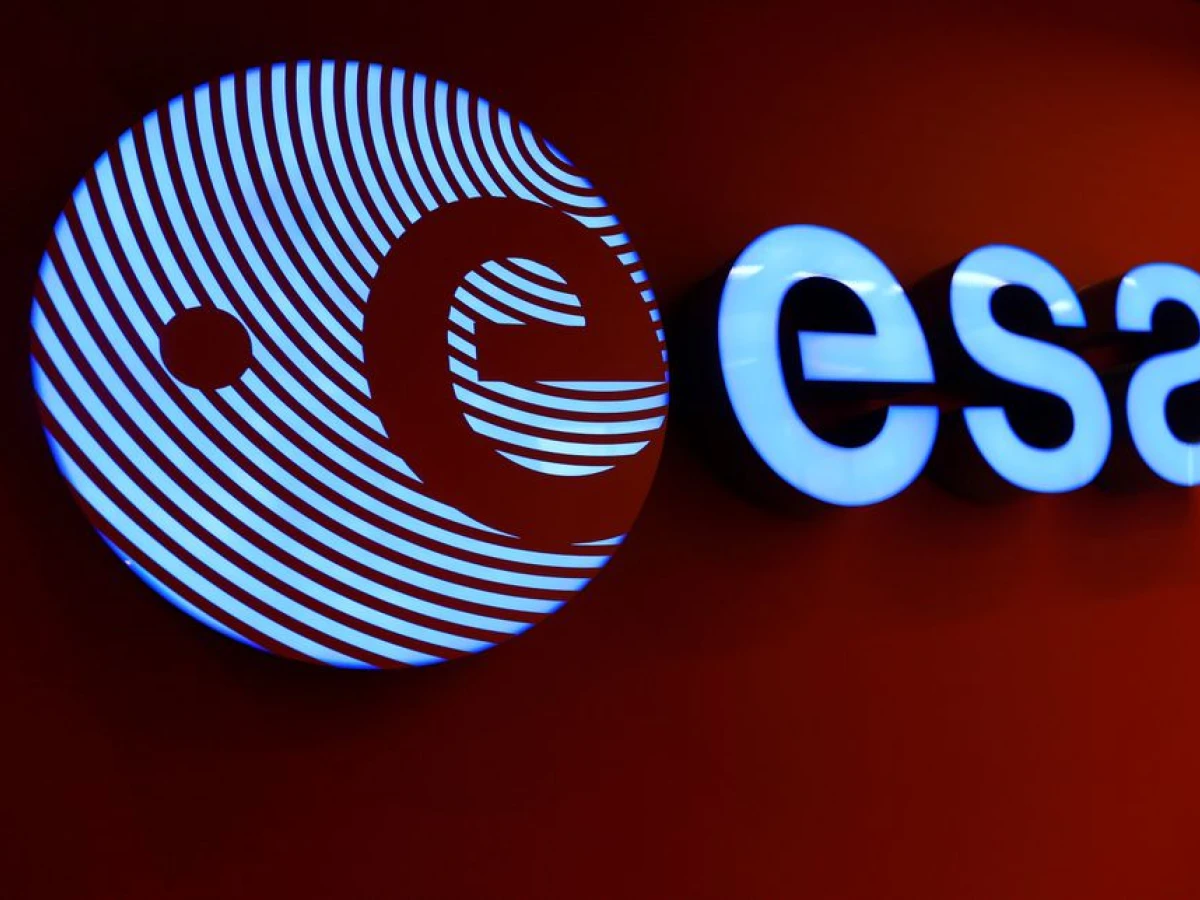
Europe flags space ambitions with spending hike and new astronauts
ESA also named astronaut recruits including the first ever disabled "Parastronaut," British Paralympic athlete John McFall who was congratulated by British PM.
PARIS, Nov 23 (Reuters) - European nations agreed on Wednesday to boost spending on space by 17% to stay on the heels of United States and China in two days of intense bargaining overshadowed by rising energy prices.
The European Space Agency (ESA) said its 22 member states had agreed to provide 16.9 billion euros ($17.5 billion) for projects from the search for past life on Mars to climate research in 2023-25, up from 14.5 billion euros in the previous period.
"Europe is ambitious in space and that is an important signal being sent here from Paris," said German aerospace coordinator Anna Christmann after chairing the bartering round between ministers held every three years.
ESA also named astronaut recruits including the first ever disabled "Parastronaut," British Paralympic athlete John McFall who was congratulated by British Prime Minister Rishi Sunak.
Paris-based ESA had asked its 22 nations to come up with 18.5 billion euros to fund rocket launches, satellites and Europe's participation in planetary research.
ESA Director General Josef Aschbacher said the 2.4 billion billion euros of extra pledges marked a significant achievement given troubled economies, but acknowledged programmes would be adjusted to meet a gap with the 4 billion extra ESA had wanted.
"We will have to see what ... may not be done at the same scale as was planned before," he said.
The ExoMars rover mission to Mars, which had included Russia, will go ahead with U.S. support, he added.
The agreement leaves Europe trailing the United States and closely watching China, whose space budgets are not public but which has made space exploration and research a top priority.
But officials said Europe remained a leader in Earth observation including climate research after signing up to a record increase and hitting goals at a previous meeting in 2019.
"You always ask for more to end up with the maximum ... Everywhere in Europe budgets are constrained. Despite that, we maintained our space ambitions," French Finance Minister Bruno Le Maire told Reuters.
ESA, whose Ariane rocket pioneered commercial launches but now faces delays and intense competition from Elon Musk's SpaceX, is seeking to maintain a key role in space while balancing political constraints of its large and small nations.
Top contributor Germany dug its heels in over aspects of the proposed package as talks ran long, another delegate said.
France and Germany have been jostling for influence at ESA in recent years, with Berlin overtaking Paris as the biggest contributor in a 2019 move that took the French government by surprise and created tensions between the two countries.
Le Maire said France was again Europe's leading spender, apparently referring to a wider budget including non-ESA items.
GEO-RETURN
The exhausting funding exercise in a hangar-like temporary conference centre near the Eiffel Tower involved back-to-back rounds in which nations chipped in to areas like exploration.
Ministers and officials took their horse-trading into a dinner reception at the Paris Opera on Tuesday and then into the night as several nations organised splinter meetings.
Small countries were seen as making painful efforts to come up with budgets guaranteeing new skilled jobs under ESA's quid-pro-quo "geo-return" system.
France has long had concerns about a system in which small nations get a dollar's worth of work for every dollar paid into each programme, saying the resulting loss of economic scale is partly to blame for Europe's problems in competing with SpaceX.
But a side-declaration between leading space-launch nations France, Germany and Italy on Tuesday offered Paris a review of the iron-clad funding rules while supporting a new generation of microlaunchers in what was seen as a concession to Germany.
"France has never believed that a small launch service can survive in Europe as a profitable business given the current and projected government demand for such services," said Peter de Selding, co-founder and editor of SpaceIntelReport.com.




